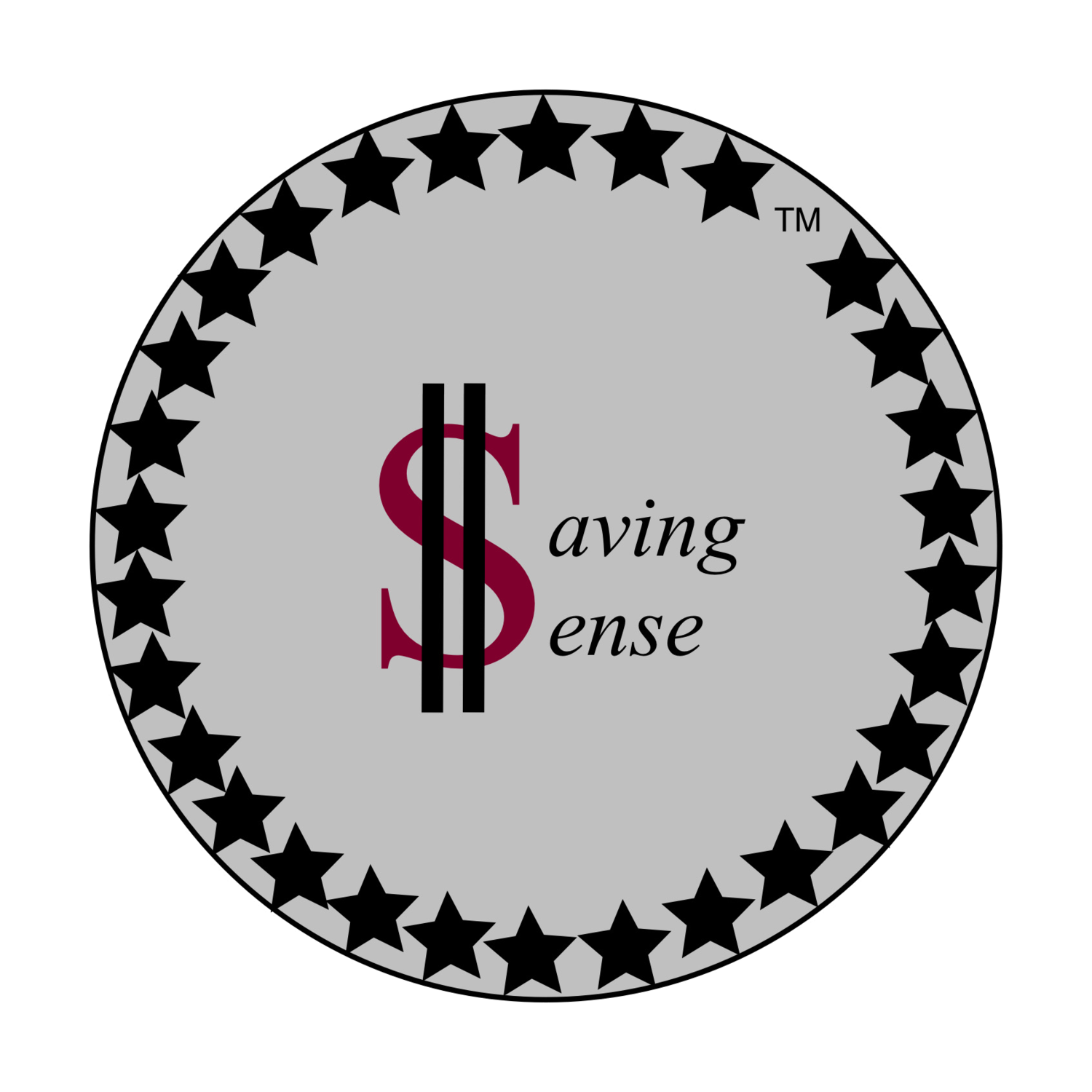How to create a budget you’ll actually stick to
Let’s be honest — the word budget can sound restrictive, overwhelming, or downright boring. But here’s the truth: a budget isn’t about saying no to everything fun — it’s about giving yourself permission to spend with intention. It’s also about being impeccable with your word and appreciating yourself enough to follow through.
The trick? Creating a budget that actually works for you — your life, your goals, and your habits. At Saving Sense, we believe a realistic budget is one of the smartest ways to take control of your money — and your future.
Here’s how to do it, step by step.
1. Know Your Numbers (Without Judgment)
Before creating a budget, get clear on two things:
✔ Your income — how much you bring home after taxes
✔ Your expenses — where your money is currently going
Track your spending for a month using apps like Mint, YNAB, or good old-fashioned pen and paper.
Pro Tip: Don’t judge yourself. Awareness is step one — not perfection.
2. Pick a Budgeting Method That Fits You
There’s no one-size-fits-all budget. Choose a method that matches your personality:
✅ 50/30/20 Rule — Simple and flexible
✅ Zero-Based Budget — Every dollar gets assigned a job (great for detail-lovers)
✅ Cash Envelope System — Helps curb overspending for certain categories
✅ Pay Yourself First — Automate savings before spending
(Source: Investopedia, 2024)
Experiment until you find what feels natural — the best budget is the one you’ll actually use.
3. Be Realistic, Not Idealistic
A budget isn’t a wish list — it’s a reflection of your real life. Be honest about your spending habits and leave room for:
✔ Fun and hobbies
✔ Occasional treats
✔ Unexpected expenses
Cutting out everything you enjoy sets you up to quit. Saving Sense is about balance, not deprivation.
4. Automate What You Can
The less you have to think about your budget, the easier it is to stick to it.
✔ Set up automatic transfers to savings
✔ Automate bill payments
✔ Consider apps like Qapital that round up purchases to save small amounts (this concept is the
inspiration behind Saving Sense!)
Small, consistent saving is the core of Saving Sense — automation makes it effortless.
5. Review & Adjust Monthly
Your budget isn’t set in stone — life changes, and so should your plan.
Take 15 minutes at the end of each month to:
✔ Celebrate your wins (even small ones)
✔ Notice areas you overspent
✔ Adjust categories as needed
Progress, not perfection, keeps you moving forward.
Final Thoughts: Progress Over Perfection
A budget you’ll stick to isn’t about restricting your life — it’s about giving your money a purpose. Start simple, be consistent, and remember: every small step adds up over time.
That’s why saving early — and making a plan — just makes sense.
Helpful Resources & References
Investopedia. (2024). Popular Budgeting Methods Explained. https://www.investopedia.com
Mint: https://mint.intuit.com
YNAB (You Need A Budget): https://www.youneedabudget.com
Qapital: https://www.qapital.com

